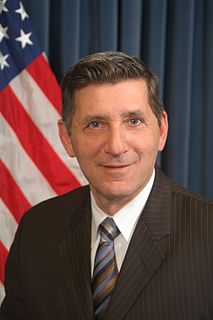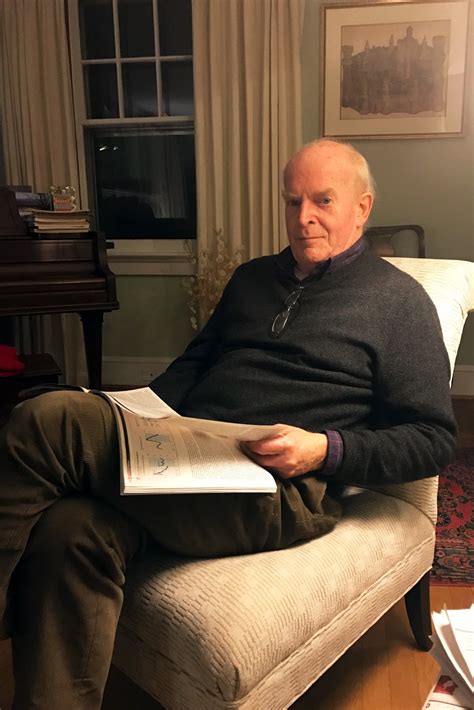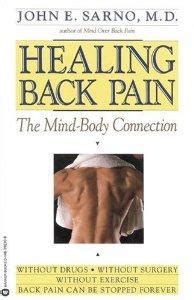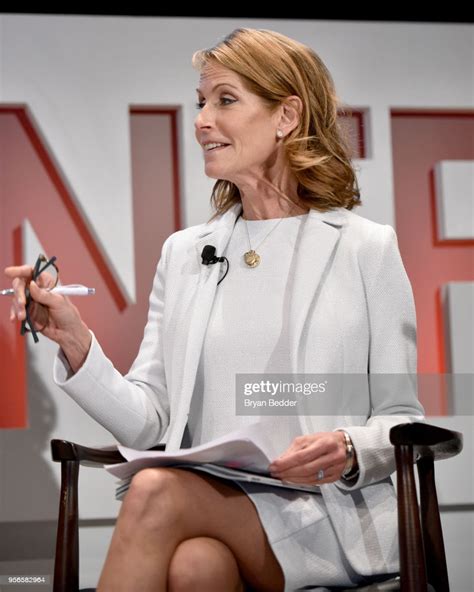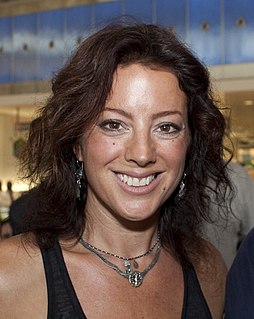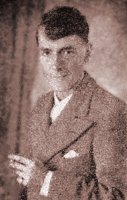A Quote by Brian Molko
If Placebo was a drug, they would no doubt be pure heroin - dangerous, mysterious and totally addictive.
Related Quotes
I have no doubt that faith is only pure when it does not negate the faith of another. I have no doubt that evil can be fought and that indifference is no option. I have no doubt that fanaticism is dangerous. And of all the books in the world on life, I have no doubt that the life of one person weighs more than them all.
We did decide that every addict in this film, Warning: This Drug May Kill You, would be someone who started out with a prescription for an opioid from a doctor. The story that hadn't been told is that the vast majority - somewhere around 80 percent - of current heroin users began with an addiction to prescription opioids. So as much as people might want to look at this and say, 'Oh this is really a heroin problem,' yes, it is a heroin problem, and no one is saying differently, but it starts more often than not with a prescription.
Consider the clinicaltrials by which drugs are tested in human subjects.5 Before a new drug can enter the market, its manufacturer must sponsor clinicaltrials to show the Food and Drug Administration that the drug is safe and effective, usually as compared with a placebo or dummy pill. The results of all the trials (there may be many) are submitted to the FDA, and if one or two trials are positive—that is, they show effectiveness without serious risk—the drug is usually approved, even if all the other trials are negative.
Although I was simply what today would be called a "mule" - the bottom of the food chain in the drug biz - the federal system treated me from beginning to end like a major criminal, and I still don't know why, other than that in those days, 6.5 ounces of heroin was a big load. Ludicrous by today's standards, when coke, heroin, and weed are shipped across the border by the ton.
How does the [New York] Times treat White pathology? They reported an epidemic of heroin addiction in the Philadelphia suburbs. which included emergency admissions and overdoses; these White people in the suburbs were doing heroin like it was going out of style. I counted the words: the article consisted of 200 words. "Heroin Epidemic" in the back section. Out here in California, the typical drug addict is a housewife or suburban White woman.

